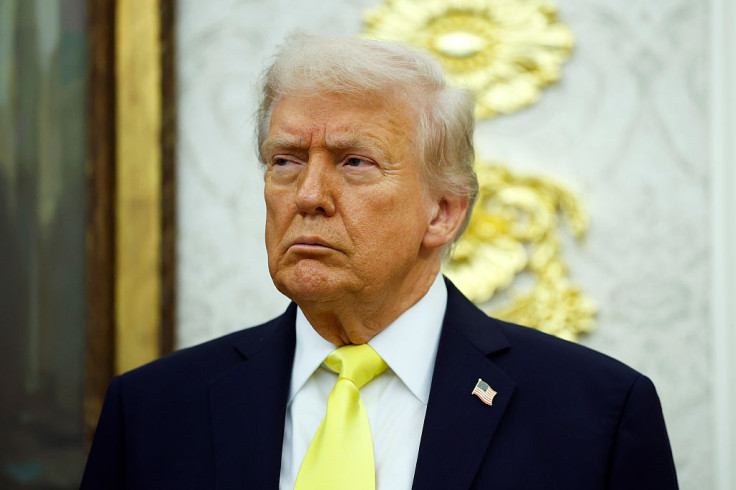
President Donald Trump said the United States lacks workers with "certain talents" needed in key industries, defending the H-1B skilled worker visa program even as his administration imposes new financial barriers on employers seeking to hire foreign specialists.
In a Fox News interview with Laura Ingraham, Trump rejected the premise that the U.S. has enough domestic talent to meet demand in advanced manufacturing, defense, and high-tech sectors. When Ingraham argued that "we have plenty of talented people here," Trump responded:
"No, you don't... you don't have certain talents, and people have to learn. You can't take people off an unemployment line and say, 'I'm going to put you into a factory where we're going to make missiles'"
Trump cited the September raid of a Hyundai battery facility in Georgia—where hundreds of South Korean contractors were arrested for immigration violations—as evidence of labor shortages in specialized fields. "Making batteries is very complicated," he said. "They had like 500 or 600 people... to teach people how to do it. Well, they wanted them to get out of the country."
🇺🇸 | Trump: Hay que atraer talento.
— Alerta News 24 (@AlertaNews24) November 12, 2025
Fox: En Estados Unidos tenemos muchísima gente con talento.
Trump: No, no los tienes. No posees ciertos talentos.
pic.twitter.com/geSOUV3vjN
The comments come amid internal division within Trump's political base over his recent decisions on skilled immigration. Just days earlier, the president expressed opposition to that same raid, telling reporters in South Korea he was "very much opposed" to the removal of the workers.
The administration's shifting posture follows Trump's September executive action imposing a $100,000 application fee for each new H-1B visa, the latest step in a broader effort to restrict legal immigration. A separate order created a "gold card" pathway fast-tracking immigration for individuals who pay $1 million or companies that pay $2 million to sponsor a foreign worker.
Treasury Secretary Scott Bessent said Wednesday that the administration's goal is not to replace U.S. workers but to facilitate "knowledge transfer." He said the strategy is to "bring in overseas workers... to train the U.S. workers. Then they can go home, and the U.S. workers fully take over."
Demand for H-1B visas consistently exceeds the annual cap of 85,000, with technology and advanced manufacturing among the sectors most dependent on the program.
© 2025 Latin Times. All rights reserved. Do not reproduce without permission.






